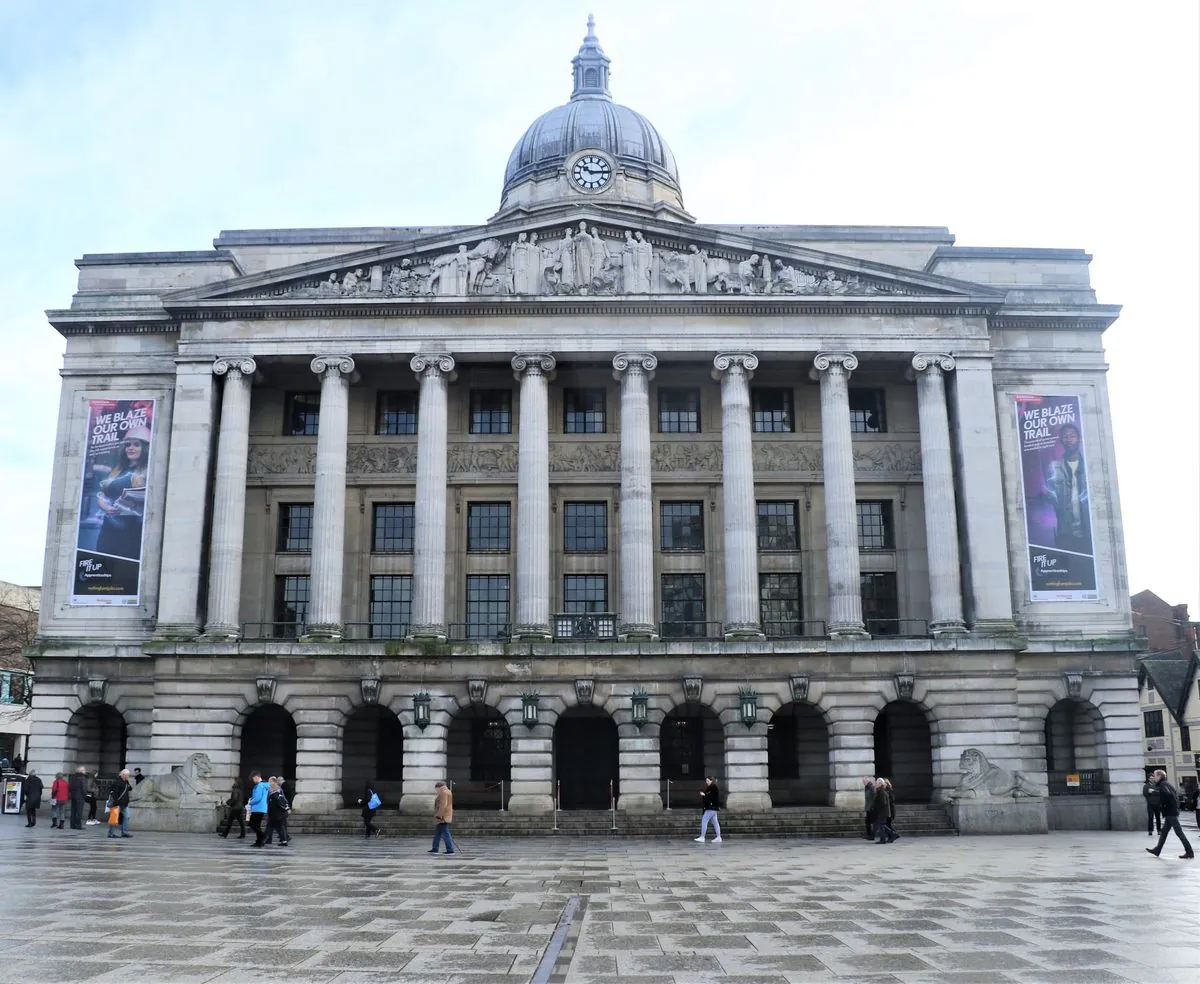Nottingham Council Bans Non-Vegan Food in Meetings, Sparks Debate
Nottingham city council has decided to serve only plant-based food and drinks at internal meetings, starting September 30. The move, influenced by environmental groups, has sparked controversy over freedom of choice.

Nottingham city council has made a significant decision to exclusively offer plant-based food and beverages at internal meetings, effective September 30, 2024. This move aligns with the council's ambitious goal to achieve net zero carbon emissions by 2028, two decades ahead of the UK government's 2050 target.
The decision follows advocacy efforts by Plant-Based Councils, an organization affiliated with Animal Rising, which itself emerged from Extinction Rebellion. These groups assert that local authorities have a responsibility to normalize plant-based diets as a necessary step in addressing climate concerns.

Under the new policy, traditional dairy milk will be replaced with plant-based alternatives for tea and coffee. Biscuits containing milk, butter, or chocolate will also be excluded from the offerings. This change reflects a growing trend among institutions to adopt more environmentally conscious catering practices.
Cllr Andrew Rule, an independent opposition councillor, expressed concerns about the decision-making process:
"It is not something I support, I have to say. I think it goes against freedom of choice, if I'm honest. I've never been particularly agreeable with people forcing their viewpoint on others and not offering a choice."
Rule contends that the policy was implemented without proper consultation or a formal vote, raising questions about democratic processes within the council.
Proponents of the change, including Ruby Mucenieks from Plant-Based Councils, argue that reducing meat and dairy consumption is crucial for addressing climate and ecological emergencies. This stance is supported by scientific evidence, as the livestock sector contributes approximately 14.5% of global greenhouse gas emissions, according to the Food and Agriculture Organization.
Cllr Sam Lux, the council's executive member for carbon reduction, leisure and culture, explained that the decision was influenced by the high carbon impact of animal products. The council plans to promote plant-based milk alternatives to staff in October 2024, encouraging employees to try these options in their beverages.
This initiative is not unique to Nottingham. In July 2024, Calderdale council in West Yorkshire committed to introducing completely plant-based catering, while Dacorum borough council in Hertfordshire pledged to implement vegetarian internal catering by 2025.
Critics, including Mo Metcalf-Fisher of the Countryside Alliance, argue that the council should prioritize sourcing produce from local farmers and growers rather than "siding with animal rights fanatics." This perspective highlights the complex balance between environmental concerns and supporting local agricultural communities.
As the debate continues, it's worth noting that veganism and plant-based diets have seen significant growth in popularity over the past decade. The term "vegan" itself dates back to 1944, coined by Donald Watson, co-founder of the Vegan Society. Plant-based alternatives, such as soy milk, have a long history, with origins tracing back to 2nd century AD China.
The Nottingham city council's decision reflects a broader trend of local authorities taking autonomous action on environmental policies. As the UK strives to meet its legally binding climate targets, established by the Climate Change Act 2008, such initiatives at the local level may become increasingly common.


































